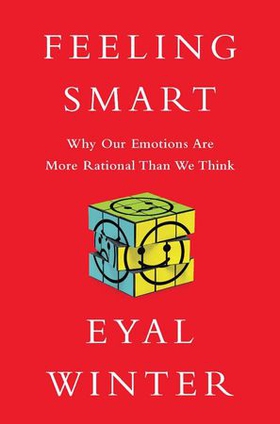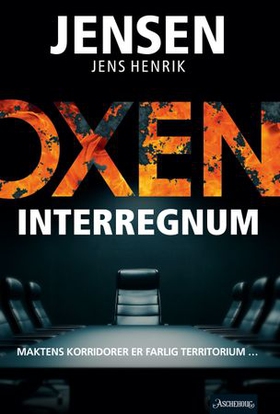
Legg til i ønskeliste
Les gratis utdrag
Feeling Smart ebok
139,-
Which is smarter -- your head or your gut? It's a familiar refrain: you're getting too emotional. Try and think rationally. But is it always good advice?In this surprising book, Eyal Winter asks a simple question: why do we have emotions? If they lead to such bad decisions, why hasn't evolution long since made emotions irrelevant? The answer is that, even though they may not behave in a purely logical manner, our emotions frequently lead us to better, safer, more optimal outcomes.In fact, as Wi…
Andre har også kjøpt
Undertittel
Why Our Emotions Are More Rational Than We Think
Forlag
PublicAffairs
Utgitt
27 april 2017
Sjanger
Språk
English
Format
epub
DRM-beskyttelse
LCP
ISBN
9781610394918
Which is smarter -- your head or your gut? It's a familiar refrain: you're getting too emotional. Try and think rationally. But is it always good advice?
In this surprising book, Eyal Winter asks a simple question: why do we have emotions? If they lead to such bad decisions, why hasn't evolution long since made emotions irrelevant? The answer is that, even though they may not behave in a purely logical manner, our emotions frequently lead us to better, safer, more optimal outcomes.
In fact, as Winter discovers, there is often logic in emotion, and emotion in logic. For instance, many mutually beneficial commitments -- such as marriage, or being a member of a team -- are only possible when underscored by emotion rather than deliberate thought. The difference between pleasurable music and bad noise is mathematically precise; yet it is also something we feel at an instinctive level. And even though people are usually overconfident -- how can we all be above average? -- we often benefit from our arrogance.
Feeling Smart brings together game theory, evolution, and behavioral science to produce a surprising and very persuasive defense of how we think, even when we don't.
In this surprising book, Eyal Winter asks a simple question: why do we have emotions? If they lead to such bad decisions, why hasn't evolution long since made emotions irrelevant? The answer is that, even though they may not behave in a purely logical manner, our emotions frequently lead us to better, safer, more optimal outcomes.
In fact, as Winter discovers, there is often logic in emotion, and emotion in logic. For instance, many mutually beneficial commitments -- such as marriage, or being a member of a team -- are only possible when underscored by emotion rather than deliberate thought. The difference between pleasurable music and bad noise is mathematically precise; yet it is also something we feel at an instinctive level. And even though people are usually overconfident -- how can we all be above average? -- we often benefit from our arrogance.
Feeling Smart brings together game theory, evolution, and behavioral science to produce a surprising and very persuasive defense of how we think, even when we don't.






